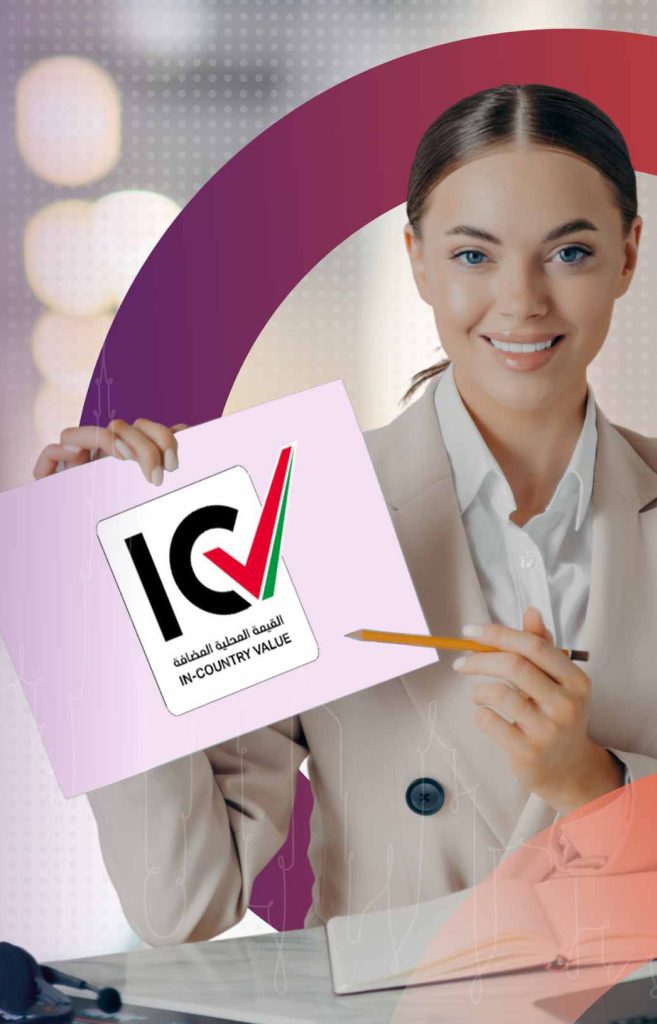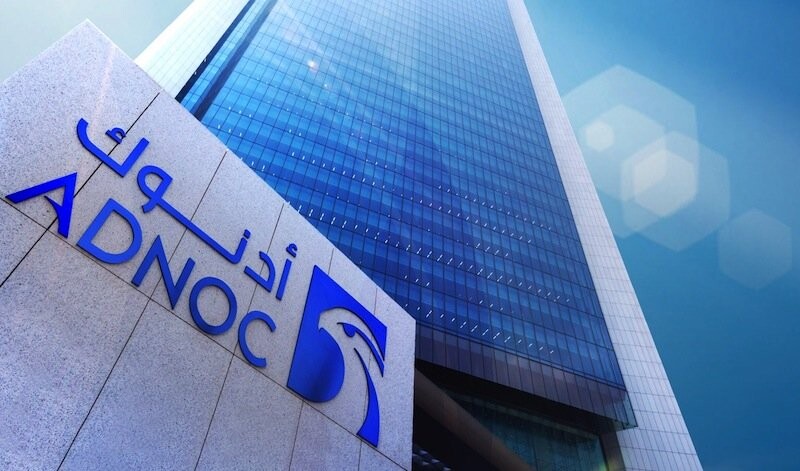Leading Auditing Company in Abu Dhabi, UAE – Leguider
The Abu Dhabi National Oil Company (ADNOC) is a state-owned oil and gas company based in Abu Dhabi, the capital city of the United Arab Emirates (UAE). Established in 1971, ADNOC has played a pivotal role in the development and management of the UAE’s oil and gas resources, which are among the world’s largest.
ADNOC Vendor Registration refers to the process by which suppliers and service providers can register with the Abu Dhabi National Oil Company (ADNOC) to be considered for opportunities to supply goods or services to ADNOC and its subsidiaries. It’s a standard procedure for companies interested in doing business with ADNOC to register and provide necessary information about their capabilities, products, and services. This registration helps ADNOC manage its supplier database and select appropriate vendors for various projects and procurement needs.
About SPC
The Supreme Petroleum Council (SPC), Chaired by His Highness Sheikh Khalifa Bin Zayed Al- Nahyan, President of the UAE and Ruler of Abu Dhabi, formulates and overseas the implementation of Abu Dhabi petroleum Policies.
Any company seeking to be registered with ADNOC as a Vendor must have prior approval from SPC
Who all can apply for ADNOC Vendor Registration?
Various entities can apply for ADNOC vendor registration, including:
1.Manufacturers of goods and equipment.
2.Suppliers of materials and commodities.
3.Service providers offering technical, engineering, construction, maintenance, and other related services.
4.Contractors and subcontractors involved in oil and gas projects.
5.Consultants providing advisory, design, and project management services.
6.Logistics and transportation companies.
7.IT and software solution providers.
8.Training and development institutions.
9.Health, safety, and environmental services providers.
10.Any other entity capable of fulfilling ADNOC’s requirements and standards.
MUBADALA VENDOR REGISTRATION
Mubadala is a global investment company that is chaired by H.E. Sheikh Mohamed Bin Zayed Al Nahyan, crown prince of Abu Dhabi. Mubadala Investment Company is a sovereign wealth fund owned by the government of Abu Dhabi, United Arab Emirates (UAE). It manages a diverse portfolio of investments, both locally and globally, across various sectors such as energy, technology, real estate, aerospace, healthcare, and more. Mubadala plays a significant role in driving economic diversification and sustainable growth in the UAE.
Who all can apply for Mubadala Vendor Registration?
Various entities can apply for Mubadala vendor registration, including:
- Suppliers and Service Providers: Companies that offer products or services in sectors relevant to Mubadala’s investment focus, which includes sectors such as aerospace, energy, healthcare, technology, real estate, and infrastructure.
- Contractors and Construction Companies: Firms involved in construction, engineering, and infrastructure development may also be eligible to apply if their services align with Mubadala’s project needs.
- Consulting and Professional Services Firms: Companies providing consulting, advisory, legal, financial, or other professional services may be considered for vendor registration if their expertise is required by Mubadala.
- Suppliers of Goods and Equipment: Suppliers of equipment, machinery, materials, and other goods relevant to Mubadala’s operational and project needs may also be eligible to apply.
Documents Required for Mubadala Vendor Registration
Company Registration Documents: This includes legal documents proving the existence and registration of the company, such as the Certificate of Incorporation, Memorandum and Articles of Association, and Business License.
- Tax Registration Documents: Copies of tax registration certificates or documents verifying compliance with tax regulations in the company’s jurisdiction.
- Banking Information: Bank account details and verification documents to facilitate payment processing.
- Certifications and Licenses: Relevant industry certifications, licenses, accreditations, or qualifications demonstrating the company’s compliance with industry standards and regulations.
- Proof of Insurance: Copies of insurance policies, such as liability insurance, professional indemnity insurance, or worker’s compensation insurance, as required by Mubadala.
- Financial Statements: Financial documents such as audited financial statements, balance sheets, income statements, and cash flow statements to assess the company’s financial stability and capability to fulfill contractual obligations.
- Compliance and Ethics Documents: Declarations of compliance with Mubadala’s ethical standards, anti-corruption policies, and other relevant compliance requirements.
- Product or Service Catalog: Detailed information about the products or services offered by the company, including specifications, pricing, and any relevant certifications or quality assurance standards.
- Additional Documentation: Any additional documents or information requested by Mubadala as part of the vendor registration process, which may vary depending on the specific requirements of the procurement opportunity.
In-Country Value (ICV)
In-Country-Value Program (ICV) was introduced in the year 2018 by ADNOC is to drive economic diversification, growth, and development within the United Arab Emirates (UAE). ICV is a strategic initiative implemented by the government of the UAE, particularly within the oil and gas sector, to maximize the socio-economic benefits derived from the country's natural resources and industrial activities.
The objectives of In-Country Value include:
1.Economic Diversification: Encouraging the development of diverse economic sectors within a country, reducing reliance on specific industries.
2.Local Job Creation: Fostering employment opportunities for the local workforce by promoting businesses that contribute to the in-country value.
3.Skill Development: Encouraging the development of local skills and capabilities through training programs and knowledge transfer from international partners.
4.Technology Transfer: Facilitating the transfer of technology and knowledge to local entities, promoting innovation and sustainability.
5.Supplier Development: Supporting the growth and capability building of local suppliers and service providers.

Who all can apply for In Country Value?
Various entities can apply for In Country Value including:
- Local Businesses: Companies registered and operating within the country where the ICV program is implemented are often encouraged or required to participate. This includes small, medium, and large enterprises across various industries.
- Foreign Companies: Foreign companies with a presence in the country may also be eligible to participate in the ICV program, provided they meet certain criteria such as employing local workers, sourcing materials locally, or investing in local infrastructure.
- Suppliers and Service Providers: Companies that supply goods or services to industries targeted by the ICV program may be eligible to participate, regardless of their ownership structure or nationality.
- Contractors and Subcontractors: Contractors and subcontractors involved in government or private sector projects subject to ICV requirements may need to comply with ICV guidelines as part of their contractual obligations.
- Investors and Developers: Investors and developers undertaking projects in sectors targeted by the ICV program may be required to demonstrate their commitment to local economic development through job creation, local procurement, technology transfer, or other means.
- Joint Ventures and Consortia: Joint ventures or consortia involving both local and foreign partners may participate in ICV programs, provided they meet the program’s requirements and objectives.
- Manufacturers and Producers: Manufacturers and producers of goods within the country may be encouraged to participate in ICV programs to promote local manufacturing and value-added activities.
Documents Required for In Country Value
Company Registration Documents: Legal documents proving the existence and registration of the company, such as the Certificate of Incorporation, Memorandum and Articles of Association, and Business License.
- Tax Registration Documents: Copies of tax registration certificates or documents verifying compliance with tax regulations in the country where the ICV program is implemented.
- Financial Statements: Financial documents such as audited financial statements, balance sheets, income statements, and cash flow statements to assess the company’s financial position and contribution to the local economy.
- Employment Records: Documentation demonstrating the number of local employees hired by the company, including employment contracts, payroll records, social security contributions, and employee identification documents.
- Local Procurement Records: Records of purchases made from local suppliers, including invoices, receipts, purchase orders, and contracts, to demonstrate local sourcing and support local businesses.
- Investment Records: Documentation of investments made in local infrastructure, facilities, equipment, technology, or training programs to support local economic development and capacity building.
- Supplier Certifications: Certifications or declarations from local suppliers confirming the origin of goods or services provided and their compliance with ICV requirements.
- Technology Transfer Agreements: Documentation of technology transfer agreements or collaborations with local partners to facilitate knowledge transfer and skill development.
- Project Documentation: For companies involved in specific projects subject to ICV requirements, relevant project documentation such as contracts, project plans, progress reports, and completion certificates may be required.
- ICV Calculation Methodology: Documentation outlining the methodology used to calculate ICV contributions, including definitions of relevant categories, formulas, and assumptions.



